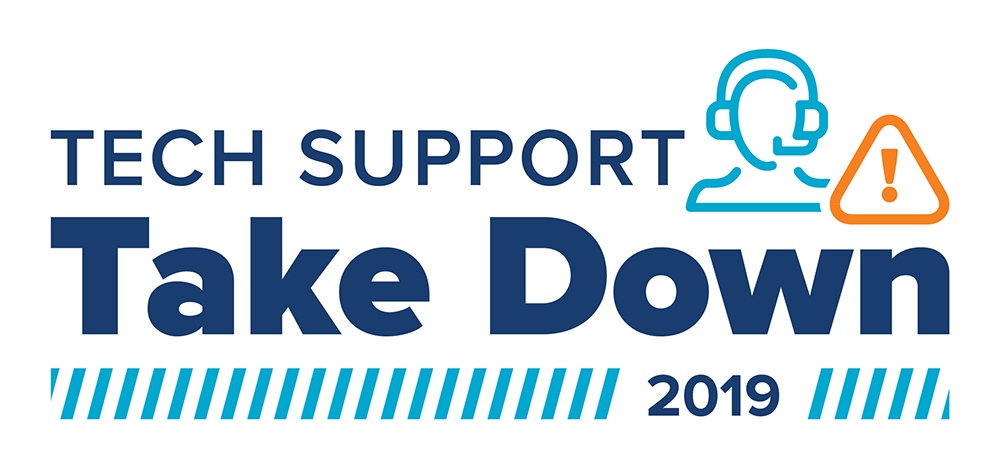We read you loud and clear! Last year, the FTC got nearly 143,000 reports about tech support scams. We’ve been warning people about this type of scam for years. But one piece of information in the FTC’s newest Consumer Protection Data Spotlight was an eye-opener. People 60 and over were about five times more likely than younger people to tell us they lost money on this scam, even though they were less likely than younger people to say they lost money to many other types of scams. 
The FTC has brought many cases against tech support scammers, including our case just announced against Elite IT. With our law enforcement partners at the Department of Justice, other federal and state offices, and international colleagues, we’re fighting to protect older adults. And this is all part of the largest-ever nationwide elder fraud sweep focusing on tech support fraud.
But that’s not all. Visit ftc.gov/techsupportscams to see, hear, and read how to help the people you care about spot and avoid these scams – and get tips on what to do if you were scammed. Need a quick, shareable (and printable) snapshot on how to spot tech support scams? Check out our tech support scam infographic.
And, because we save the best for last, check out our new video – a compelling first-person account of how Mr. Donald Holmes of Arizona faced a tech support scam, and what he did about it.
Spotted a tech support scam? Report it at ftc.gov/complaint. And after you report it, use this handy information from ftc.gov/passiton to talk to your family and friends about what happened so they can avoid it too.

